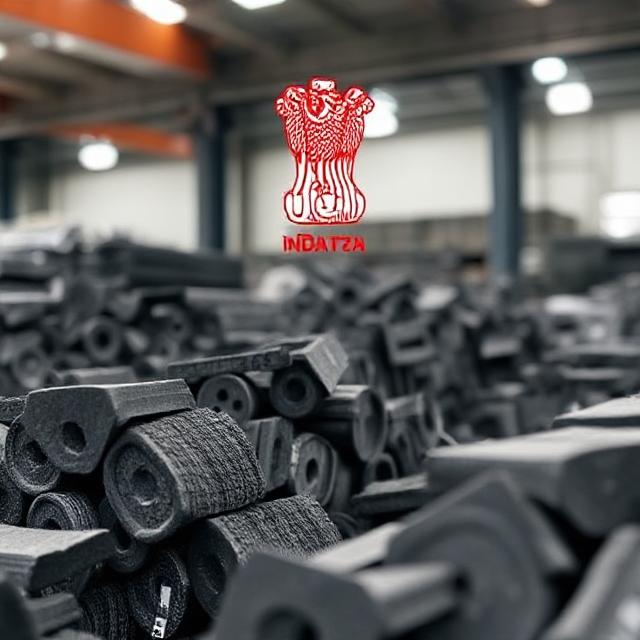On June 13, 2025, the Ministry of Steel issued a clarificatory order mandating that all intermediate materials used in the manufacturing of steel products must adhere to Bureau of Indian Standards (BIS) norms. This move aims to strengthen quality control mechanisms and bring imported intermediate materials in line with domestic production standards, thereby ensuring consistency in the end-use steel products supplied to infrastructure and construction sectors.
While BIS compliance has long been mandatory for finished steel products, this clarification extends regulatory scrutiny to semi-finished and intermediate materials such as billets, blooms, slabs, and ingots used during various stages of steelmaking. According to the Ministry, the decision is intended to eliminate discrepancies in material quality between domestic and imported sources, which have previously affected large-scale infrastructure projects including highways, metros, and industrial zones.
Industry experts believe this clarification will significantly impact supply chains, particularly for manufacturers and importers relying on overseas raw material inputs. Steel plants may now need to reassess their procurement practices and ensure that all stages of their value chain meet Indian standards to avoid disruptions or rejections in supply. Certification agencies and quality auditors are also expected to play a larger role in verifying compliance at every production stage.
Moreover, the move is aligned with the government’s broader push to promote ‘Atmanirbhar Bharat’ (self-reliant India) and ensure that domestically produced steel competes fairly with imported material on the basis of quality, not just cost. The Ministry emphasized that such regulatory uniformity is critical to maintaining India’s global standing as a supplier of high-grade steel and to support the safety and durability of public infrastructure.




